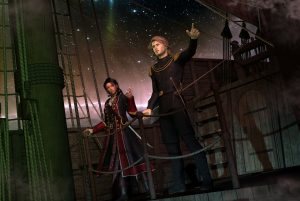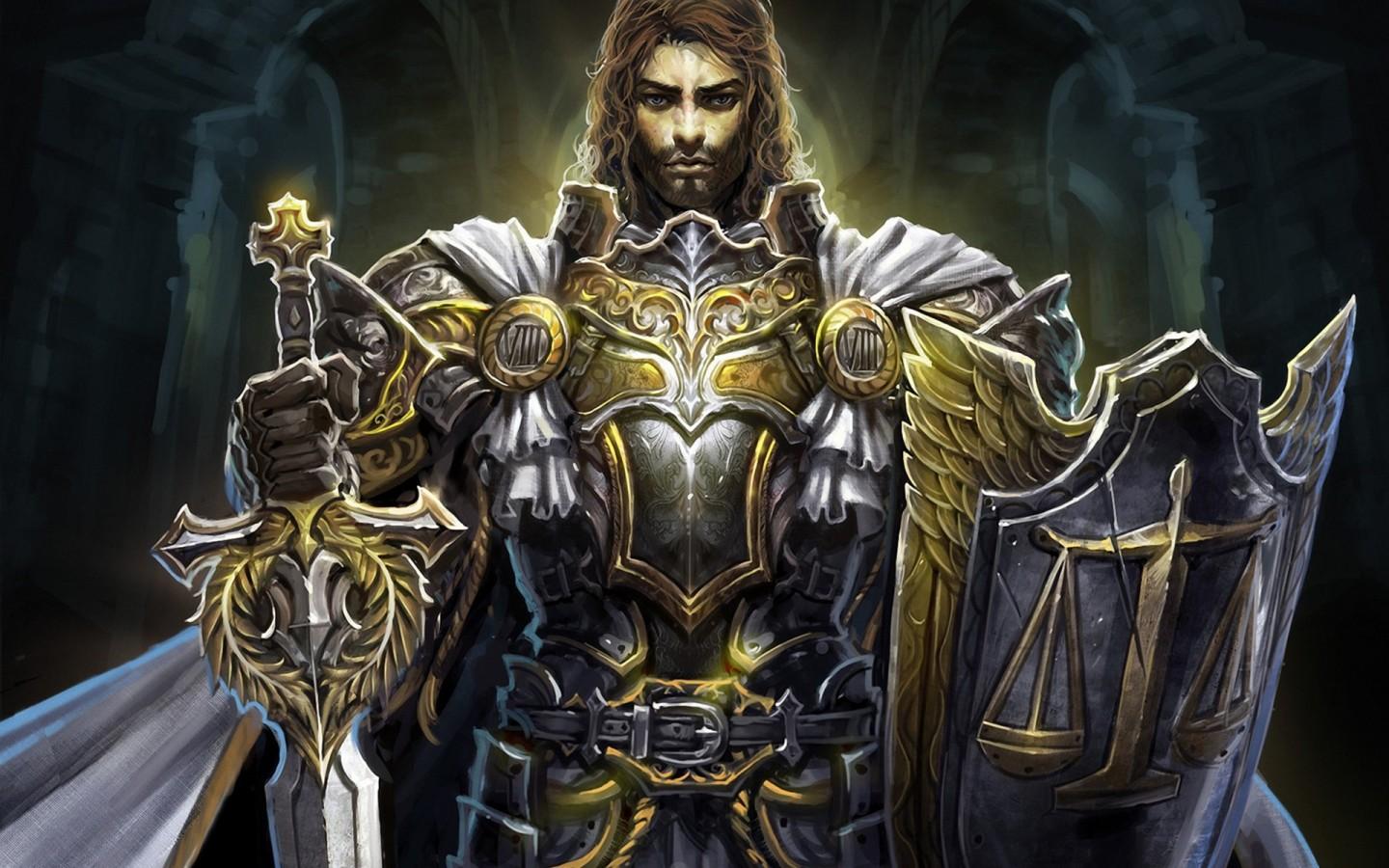Brian and I both share the same philosophy when it comes to skills, less is more. Meta skills are a way of having less skills that enable your characters do more.
More is less
The more skills you have in your game the less capable the characters are. If there are only 40 skills and a character can afford to buy 10 plus some body development, weapons and perception then they have 25% of all the skill bases covered.
If you have 100 skills in your game and they can afford to buy 10 skills then the character has only 10% of all the bases covered.
If you have 200 skills then 10 skills covers just 5% of skills.
As you up the total skill count one option is to increase the number of development points each character has. This was introduced with the firs set of secondary skills in Character Law. They added 45 secondary skills and recommended adding 25% more development points. So by the time you get to 200 skills you need to be giving the characters double development points just to stand still.
I can agree that if you have more skills you should give the characters more development points to compensate but this brings with it its own problems. If your character starts off with relatively few DPs because he or she has lowish temp stats (but decent potentials) then your fellow characters are going to be able to do more than you in more situations. This is already a problem but now the effect has been quadrupled (it was doubled by doubling the demand on the limited DPs and then exacerbated by doubling the difference between a character with high stats and one with low stats). Your fellow characters have more opportunities to earn experience so they level up faster and get more DPs and so the problem gets worse. What you have is a vicious circle.
The other option is Meta Skills. Brian has a Survival skill but does not have Foraging or Region Lore or tracking. If you hae a full set of survival skills for a particular region then that includes where to find food, water, the lie of the land. You can also build a fire and probably tie knots covered by rope mastery.
RMU shows some of its strengths
This is where RMU shows some of its strengths. Firstly you get a fixed number of DPs per level, the default is 50 so having great stats or poor is no handicap but also it has the Vocational Skill.
Vocational is the ultimate meta skill
Vocational is the ultimate meta skill. If you take Vocation:Knight then you gain all the minor day to day skills that a knight would know from recognizing the devices and standard of other noble families to etiquette to handling hunting dogs and birds of prey. A character can have multiple Vocation skills so you could have Vocation:Squire and Vocation:Knight if your character came up through the ranks, so to speak. You can pretty much define your characters back story skills in terms of Vocational Skills. Vocation does not supersede any specific named skills, you cannot use Vocation:Knight in place of Riding:Horse by claiming that riding is a knightly pursuit.
This is how I think all skills should work. I don’t use the Survival skill but I do have Foraging and Tracking. Brian and I have identified the same problem arrived at the same answer but we started from different places. In my gaming group my players love the Tracking skill so it was not on the cards to remove it. It would have been missed too badly to take it away. On the other hand no one bought the survival skill, in those survival moments the players turned to foraging for food or tracking game (animals have to drink so follow the tracks and you will find water).
In both cases, Brian’s Shadow World campaign and my Forgotten Realms game we have both arrived at a total skill count of about 45 skills. The characters are going on similar adventures, facing similar challenges and coming to similar solutions I assume as people the world over are all the same. As long as the game and skill system gives the players the levers they want to pull the players are happy.
The reduced skill count actually makes the players happier as their characters are more capable and more of their ideas are successful ‘on the round’ as the characters are able to put the plans into action. It reduces the need for quite so many NPCs and so on.
As I get older I find I can retain the definition of 40-50 skills easily enough but on the other hand trying to remember 200 skills when about half of them ‘break the rules’ (things like the way that stunned maneuver works, or iai strike that have unique rules for just one skill). I am never going to retain that many skills and rules and I don’t think new players will either.
I kind of hope that RMU resists the urge to bolt on more and more skills a the system matures. There is no need to repeat the mistakes of the past when there are so many new ones we can all make!









